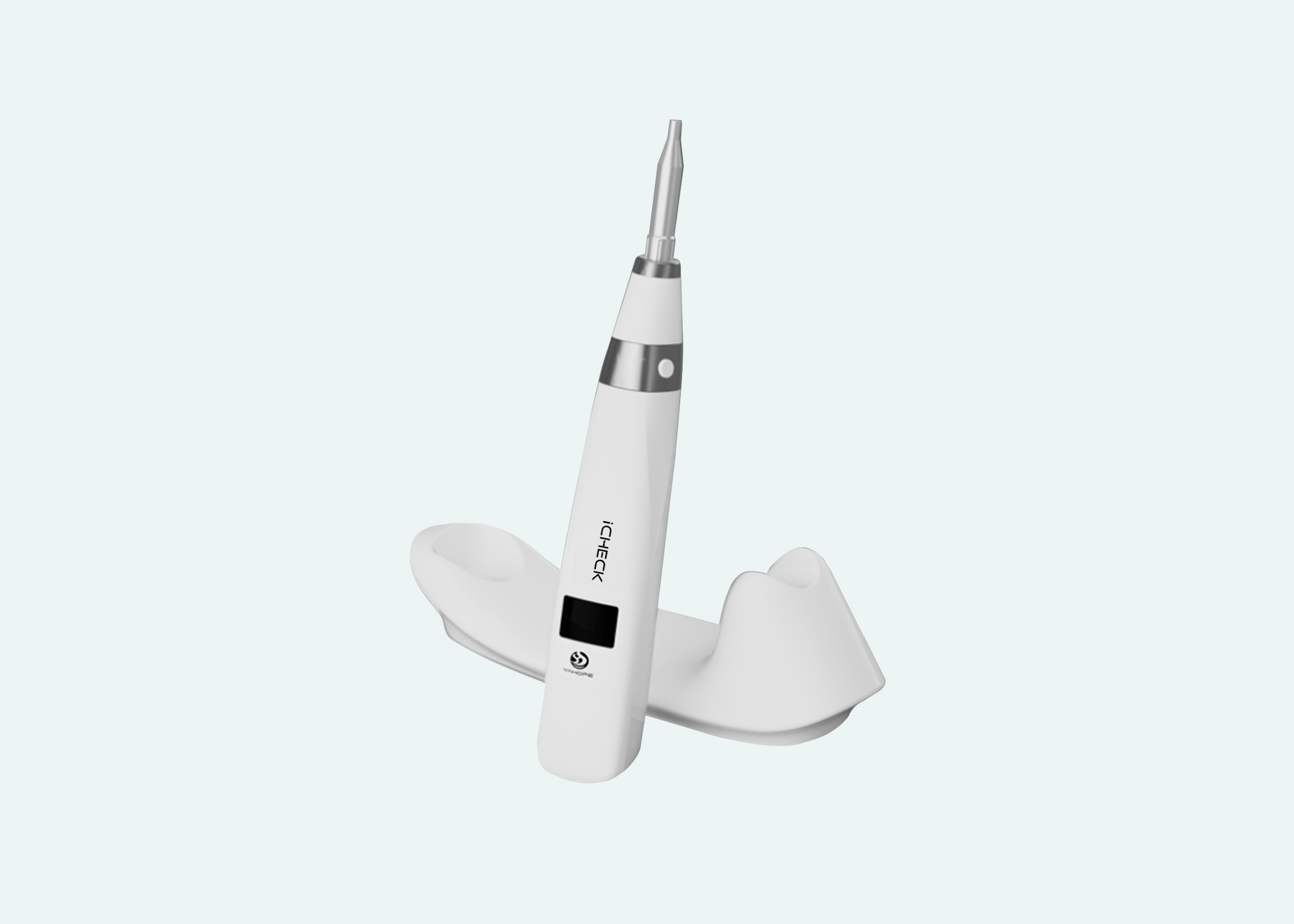
World Oral Health Day, celebrated on March 20th each year, promotes the theme “Healthy Mouth, Healthy Body”. The aim of this day is to mobilize societal efforts for preventive dental care and oral health education. The significance of “3/20” encompasses multiple layers: firstly, it represents the “8020” goal, advocating for individuals to have 20 natural teeth by the age of 80; secondly, it emphasizes that children should have 20 primary teeth; thirdly, it highlights that adults should ideally have 32 teeth with zero cavities. These numerical combinations form the essence of “3/20.
Maintaining good oral health is crucial for various aspects of overall well-being, including:
Heart health
Respiratory health
Pregnancy health
Diabetes management
Being mindful of oral health at all times means you’re also safeguarding your overall health.
Here are some connections between oral health and various health conditions:
—Gum disease (periodontitis) and tooth loss are associated with certain types of cancers.
—Poor oral hygiene and untreated oral diseases can increase the risk of heart disease and stroke.
—Gum disease is linked to low birth weight babies, preterm birth, and preeclampsia during pregnancy.
—Pathogens associated with gum inflammation are linked to the development of Alzheimer’s disease.
—Tooth infections can increase the risk of pneumonia, especially in older adults.
—Gum disease is a significant risk factor for type 2 diabetes, poor diabetes outcomes, and poorly controlled blood sugar.
Most oral diseases are largely preventable, and we must firmly grasp the power to make positive changes.
Gum disease begins with gingivitis, inflammation of the gums. In most cases, inflammation at this early stage is reversible.
If left untreated, it progresses into more severe periodontal disease, damaging the supporting tissues and bone around the teeth. The damage caused at this stage is irreversible and permanent.
Gum disease can affect chewing and speech and may lead to tooth loss. It is also associated with other health issues such as heart disease, stroke, and diabetes.
Cavities are the most common health issue globally. Excessive sugar intake from snacks, processed foods, and beverages not only leads to cavities but also is a primary cause of obesity, increasing the risk of diabetes and other non-communicable diseases. Reducing sugar intake is crucial for both oral and overall health.
• Pay attention to sugar intake. Adults should not consume more than 6 teaspoons of added sugar per day, and children should not exceed 3 teaspoons.
• Check food labels while cooking and be mindful of sugar content.
• Be cautious of “zero-calorie” options. Sugar-containing beverages such as sodas, juices, sports drinks, and energy drinks provide no nutritional value.
• Make water your primary beverage choice.
• Avoid sugary snacks between meals.
Tobacco use is the most common cause of preventable diseases and deaths globally.
• Smoking increases the risk of gum disease (periodontitis) and oral cancer. It also leads to tooth discoloration, bad breath, premature tooth loss, and loss of taste and smell.
• Tobacco use includes cigarettes, hookah, cigars, cigarillos, heated tobacco products, roll-your-own cigarettes, pipes, bidis, kreteks, smokeless tobacco, and chewing betel nut or betel quid.


